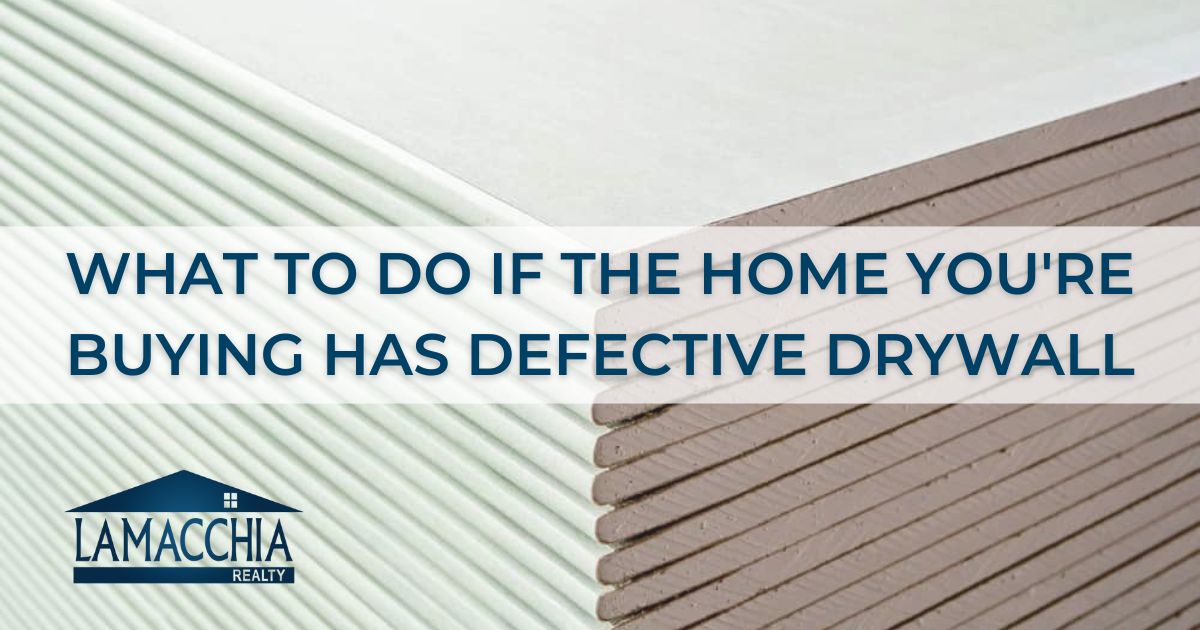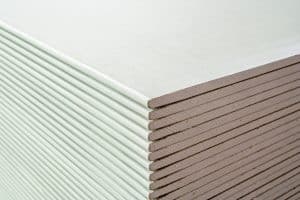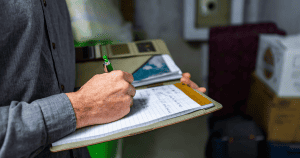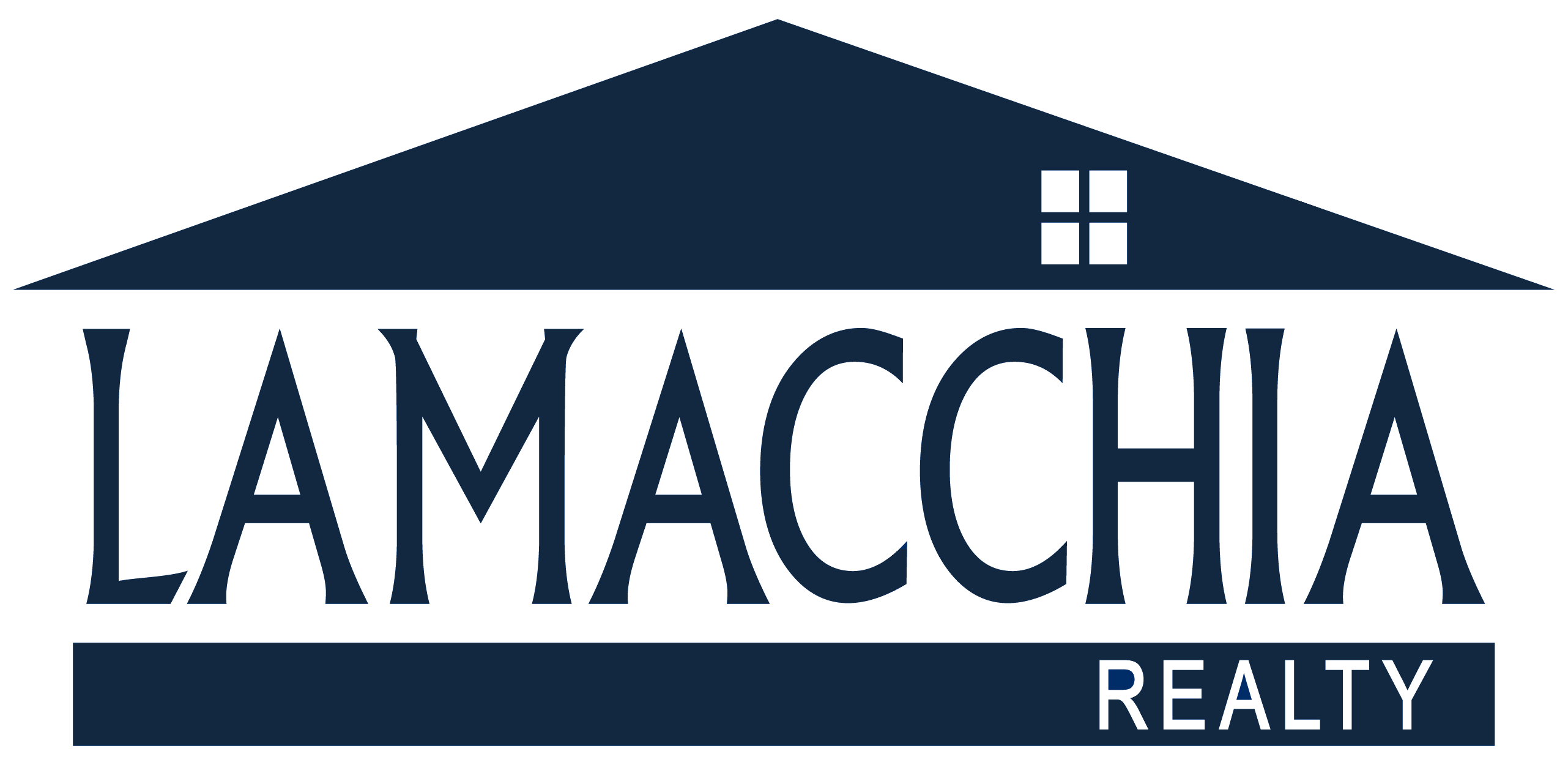
If you’re in the process of buying a new home, it is crucial to familiarize yourself with the potential of toxic drywall within the property, and the next steps to take. The presence of this harmful construction material can lead to a range of issues from the quality of the property to the health of its inhabitants. These factors can quickly have a negative impact on homeowners’ lives, which is why it’s essential to be well-informed and cautious. Whether you’re an experienced real estate investor or a first-time homebuyer, it’s extremely important to have a full understanding of the problems surrounding defective drywall, and what to do if it’s found in the house you’re purchasing.
What Exactly is Defective Drywall?
 Between the years 2004-2008, large shipments of drywall were imported to the United States from overseas. It was soon discovered that these particular walls contained toxins that caused an environmental health issue that still affects homeowners today. They smell foul and emit a sulfur compound that can corrode air conditioning coils, electrical wiring, metal appliances, and beyond. Those living in homes with defective drywall have complained of health issues ranging from nosebleeds to respiratory problems. This issue has been reported in 44 out of 50 states, with Florida having the highest number of homes affected. So, if you’re purchasing a home that was built after August of 2004, it’s best to check with the seller and their agent about the drywall. While many homes have since been remediated, there are still many on the market that contain defective drywall. Some contractors only “fixed” homes to a certain extent, removing defecting drywall and repainting but leaving behind some of the effects of the drywall such as fixtures and wires that were corroded. These are all things that should be discussed during negotiations.
Between the years 2004-2008, large shipments of drywall were imported to the United States from overseas. It was soon discovered that these particular walls contained toxins that caused an environmental health issue that still affects homeowners today. They smell foul and emit a sulfur compound that can corrode air conditioning coils, electrical wiring, metal appliances, and beyond. Those living in homes with defective drywall have complained of health issues ranging from nosebleeds to respiratory problems. This issue has been reported in 44 out of 50 states, with Florida having the highest number of homes affected. So, if you’re purchasing a home that was built after August of 2004, it’s best to check with the seller and their agent about the drywall. While many homes have since been remediated, there are still many on the market that contain defective drywall. Some contractors only “fixed” homes to a certain extent, removing defecting drywall and repainting but leaving behind some of the effects of the drywall such as fixtures and wires that were corroded. These are all things that should be discussed during negotiations.
Disclosing Infected Drywall
While sellers are legally obligated to disclose any obvious defects to the house, there’s no guarantee that they will always be completely truthful, especially when it comes to issues like toxic drywall. Due to the potential financial implications, sellers may try to conceal the presence of defective drywall in their property in order to sell the home for a higher price. With this in mind, buyers need to be thorough and diligent in protecting themselves.
 The best way you can protect yourself as a buyer is by conducting a thorough inspection of the property. Hiring a professional home inspector can help identify any signs of toxic drywall or other hidden issues that may exist. These experts are usually able to detect signs on the surface, such as discoloration, corroded wires, or a distinct odor. Following the home inspection, the inspector will be able to provide you with the most accurate report of the quality of the property, including the condition of the drywall. Additionally, you can also ask your professional real estate agent to do a search of the neighborhood to review any available information for similar properties in the area. Many homes affected by defective drywall have been remediated, and that information is often documented in public records.
The best way you can protect yourself as a buyer is by conducting a thorough inspection of the property. Hiring a professional home inspector can help identify any signs of toxic drywall or other hidden issues that may exist. These experts are usually able to detect signs on the surface, such as discoloration, corroded wires, or a distinct odor. Following the home inspection, the inspector will be able to provide you with the most accurate report of the quality of the property, including the condition of the drywall. Additionally, you can also ask your professional real estate agent to do a search of the neighborhood to review any available information for similar properties in the area. Many homes affected by defective drywall have been remediated, and that information is often documented in public records.
What Buyers Should Do if Defective Drywall is Found
Defective drywall continues to be a problem that potential homebuyers face. Despite the increased awareness of the issue, too often are buyers blindsided by the presence of toxins in the walls of their new home. As previously mentioned, opting for a home inspection is the best way to protect yourself, even if the seller does not report any defects initially. If defective drywall is found during the inspection, you have the opportunity to negotiate the deal with the assistance of your REALTOR®. Repairing contaminated drywall is expensive, complex, and time-consuming. Not only are the walls significantly damaged, but the insulation and wiring within the walls often need to be replaced. Essentially, you have to completely gut the house and rebuild the walls. Be sure to talk with your agent, as they can guide you as you navigate this potentially stressful situation.
Concerned About Defective Drywall? Our Lamacchia Realty Agents Can Help!
If you’re in the market to buy a new home and are concerned about the potential presence of defective drywall, the experienced professionals at Lamacchia Realty are ready to provide their expertise. Our agents are knowledgeable about the various challenges that homebuyers may encounter and are well-equipped to assist you throughout the buying process. So if you’re looking for a REALTOR® who is committed to helping you find the home of your dreams while ensuring you secure it at the right price, contact me today!
